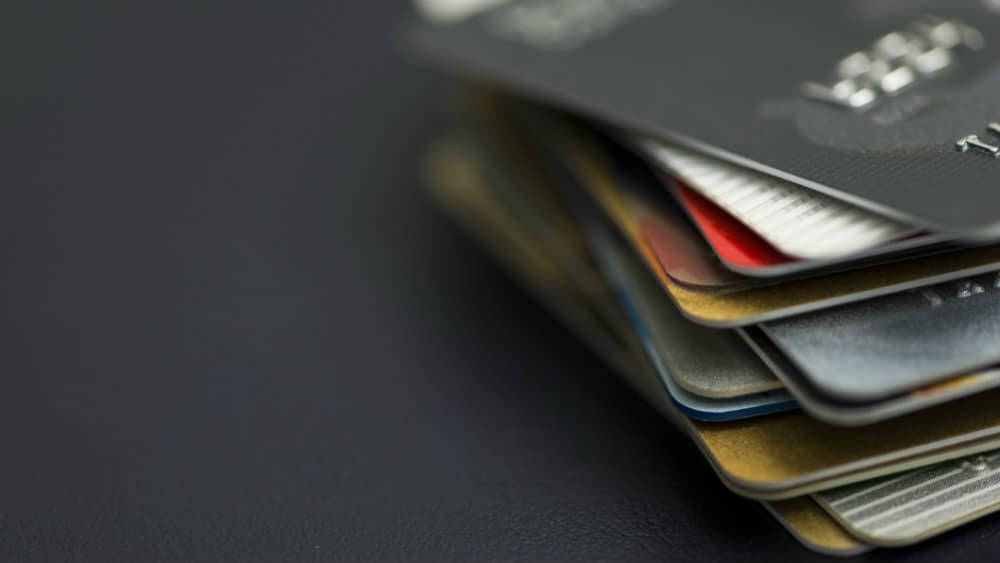The banks have raised the limit for contactless payments to £100. While there are clear advantages, I’m beginning to see the disadvantages of this method of payment. Is going contactless really as good as it’s cracked up to be?
[top_pitch]
Are contactless payments really convenient?
There are two main reasons why contactless payments are so popular:
- The transaction saves time for both the shopper and the retailer.
- Contactless payments are considered ‘safe’ because you don’t need to touch a keypad are less likely to spread infection.
However, perhaps it’s worth looking at what we are trading for these benefits.
Whose money is it anyway?
For people on average or low incomes, a bank is just somewhere to store money. The contactless debit or credit card emphasises a bank’s grip on your finances, not least because a contactless payment can be declined instantly for no apparent reason. With the new higher limit, banks say we will be randomly asked to enter our PIN more frequently.
While a contactless payment is processed, the customer and the assistant stand redundantly at the till while a corporation communicates remotely with a bank. Personally, without being involved in authorising a payment, I feel as though my money isn’t really mine.
Is now a good time to raise the contactless limit to £100?
The new limit implies that £100 isn’t very much – just small change. For many people, this is not the case. In fact, it represents more than 11 hours’ work to someone on minimum wage. It’s also a lot to put on a credit card if your debts are mounting up.
An increase in the contactless payments limit seems tone-deaf during a time of high inflation. It sends a message that retailers may set higher prices based on the concept that £100 of your money isn’t very much to spend.
Some banks will allow you to lower your contactless limit, others just offer the option to disable contactless entirely. This opt-out suggests that banks are acknowledging that the new limit is problematic for some account holders.
[middle_pitch]
How will £100 contactless payments affect household budgets?
Debit cards have made sticking to a budget more difficult. A contactless system amplifies these challenges, particularly for households where more than one person is merrily waving their card at the checkout.
It’s very easy to beep your card and not even look at the screen to see how much you’ve spent. The question follows: ‘Do you want a receipt?’ A record of the transaction is an optional extra, perhaps a waste of paper resources and time.
Sometimes, with payments being so quick and easy, I forget I’ve bought something altogether. Without online banking or an app, which not everyone has or wants, it’s hard to budget effectively.
Impulsive, forgettable purchases are fine when it’s only a small amount, but £100 could leave a big accidental hole in your monthly spending plan or make a dent in your savings.
Conversely, for purchases over £100, how many of us will still remember our PIN?
Few of us benefit from the option to impulse buy on a credit card. As far as I’m concerned, it’s just as well I can’t always remember my PIN.
What about security?
Contactless payments may protect us from infection, but do they protect us from crime?
The response from banks to concern about stolen cards has been along the lines of, “Oh well, it doesn’t happen that often. And if it does, we’ll give you the money back”. This isn’t very reassuring.
There is an expectation that account holders will be vigilant. I thought the whole point of putting money in a bank was that it was safe. Having an account drained of money due to fraud is stressful and a nuisance, even if it is only temporary.
Increasing the contactless limit to £100 makes a purse or wallet a much more attractive goal for a thief. Cards have ensured that we no longer need to travel with large amounts of cash, but now a contactless card or two makes us vulnerable again.
Will contactless payments lead to fewer retail jobs?
I am showing my age if I admit to working in retail when people still wrote cheques at the counter or paid with wads of notes. I can even remember the clunky credit card machine with the blue carbon paper.
If it’s too much to pay someone to say, “Please enter your pin”, then it won’t be long before most checkouts are unmanned. Working behind a till could soon be a thing of the past.
Will the limit go up again?
The contactless limit has risen several times over the last few years. There’s no reason to suppose it won’t increase further.
If you have any concerns about the new £100 contactless limit on your card, get in touch with your bank or credit card company to discuss your options.







